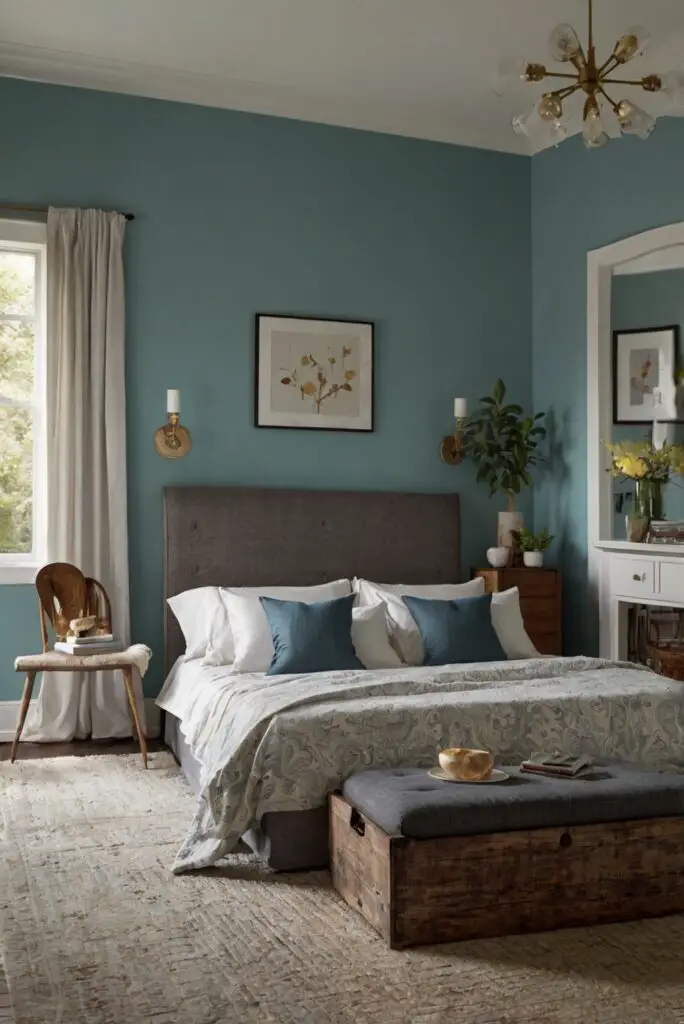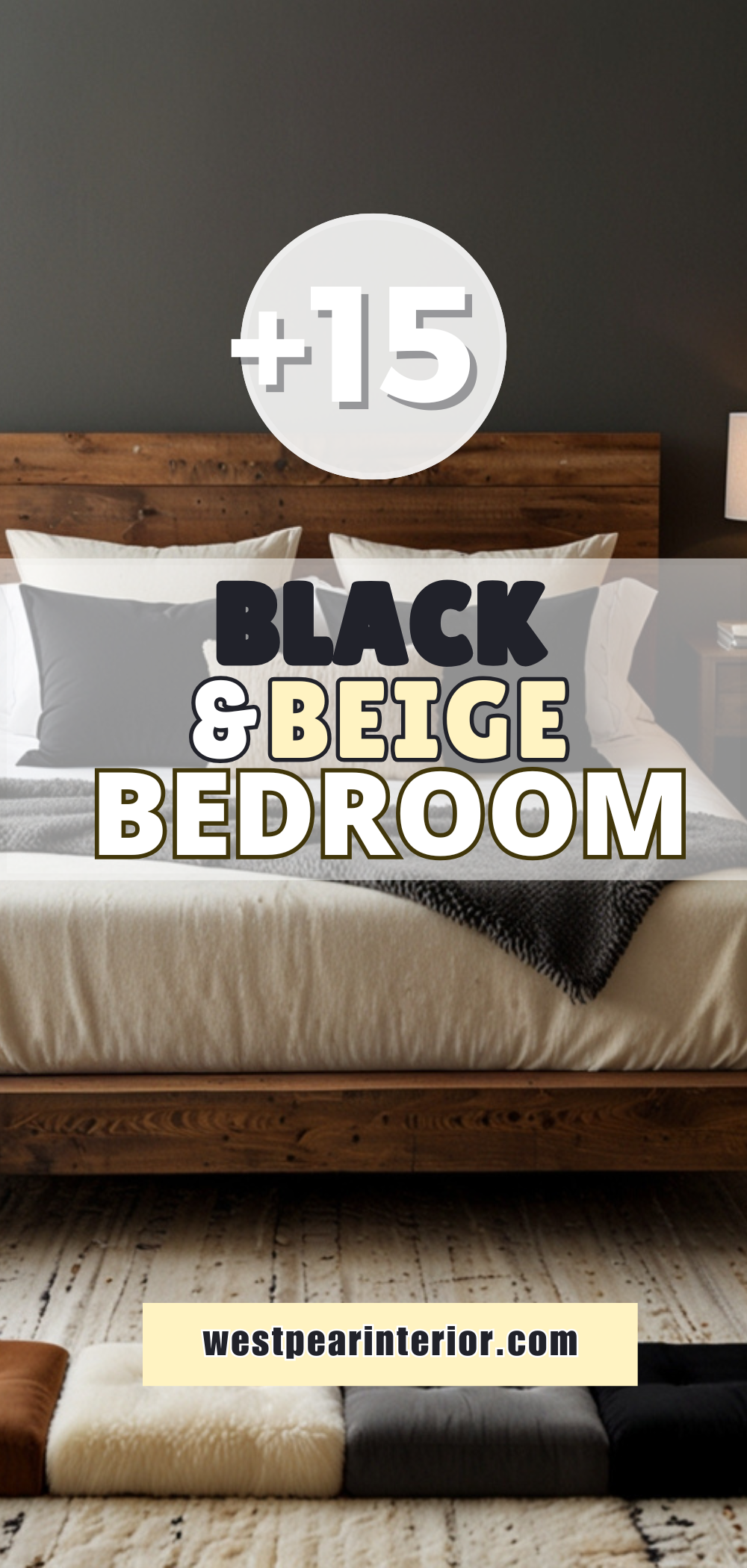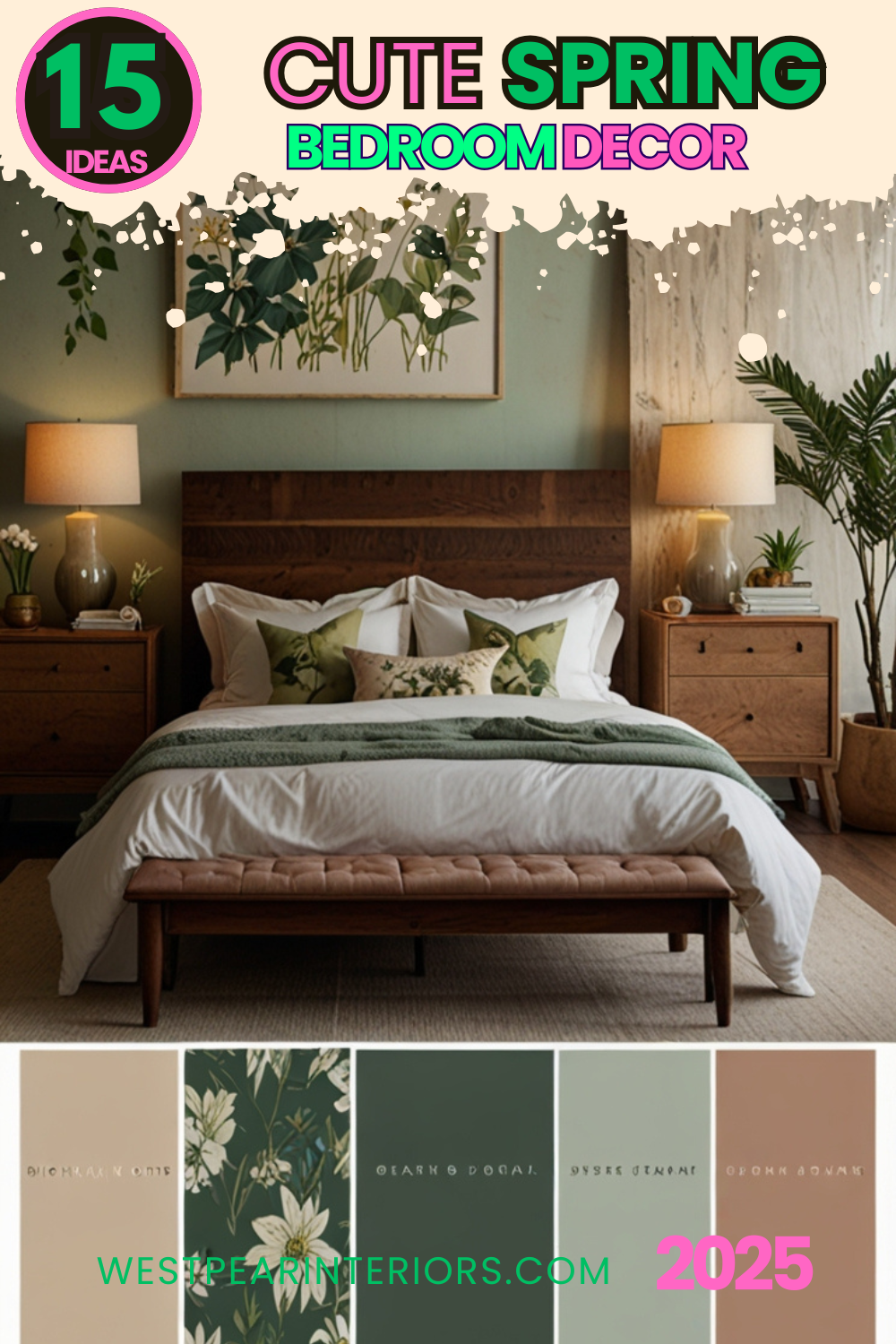Learn how to transform your bedroom into a personalized sanctuary with the perfect paint color. Unlock design secrets now.
How do you choose the right paint color for your bedroom?
Choosing the right paint color for your bedroom can significantly impact the overall look and feel of the space. As a daily routine with an interior designer, it is essential to consider factors such as home decorating, home interior design, and space planning. Start by identifying the mood you want to create in your bedroom—whether it’s a calming retreat or an energizing space. Look for inspiration from magazines or online sources, and consider the existing furniture and decor in the room. Designers can help you select the perfect hue that complements your existing pieces. When selecting a color, think about the primer paint for walls to ensure a smooth finish. Color matching painting is crucial for a cohesive look, so test samples and consider how natural light affects the colors in the room. By taking these steps, you can achieve a bedroom design that reflects your style and creates a harmonious atmosphere.
My Lovely Spring Paint for 2025
Ready for a Spring Makeover? Explore the Freshest 2025 Paint Trends!
White Sage/Green SW Pistachio green Soft blue Honeysweet/Orange Pink Sugar Sage Tint BMAs an Amazon Associate, I may earn a commission from qualifying purchases at no extra cost to you.
Choosing the right paint color for your bedroom is essential as it can significantly impact the overall ambiance and mood of the space. Here are some valuable insights to guide you in selecting the perfect paint color for your bedroom:
1. Consider the Size of the Bedroom:
When choosing a paint color for a small bedroom, opt for light and neutral tones such as soft whites, light grays, or pastel colors. These shades can help create a sense of space and brightness, making the room feel more open and airy.
2. Utilize Natural Light:
If your bedroom receives plenty of natural light, you can experiment with a wide range of colors. Soft blues, greens, and lavender tones can complement natural light beautifully, creating a calming and serene atmosphere.
3. Balance Bold Colors:
My fAV Spring DECOR for 2025
Discover Spring’s Best 2025 Decor Combinations – Perfect for Any Room!
Oversized Indoor Plants White Curved Sofas Rugs BOH Brown Cream Moroccan Hype Boho Rug Outdoor Patio Furniture Sets Topfinel Pillow CoversAs an Amazon Associate, I may earn a commission from qualifying purchases at no extra cost to you.
While bold or dark colors can add drama and depth to a bedroom, it’s essential to balance them with lighter elements such as white trim or light-colored furniture. This helps prevent the room from feeling too overwhelming and maintains visual harmony.
4. Coordinate with Existing Decor:
To ensure a cohesive look in your bedroom, consider the existing furniture and decor when selecting a paint color. Choose a shade that complements the tones in your furnishings or creates a harmonious contrast for a more dynamic aesthetic.
5. Explore Different Finishes:
In addition to color choice, consider the finish of the paint. Matte finishes can create a cozy and sophisticated look, while satin or eggshell finishes offer durability and easy maintenance. Experiment with different finishes to find the perfect one for your bedroom.
6. Incorporate Accent Colors:
Add interest and personality to your bedroom by incorporating accent colors into your paint scheme. Accessories like throw pillows, rugs, or artwork in complementary or contrasting hues can enhance the overall design and create a cohesive look.
7. Assess the Lighting:
Lighting plays a crucial role in how paint colors appear in a room. Consider the natural and artificial light sources in your bedroom to ensure the chosen paint color looks its best. Test paint samples in different lighting conditions to see how they will interact with the room’s light.
Additional Considerations:
8. Create a Mood Board:
Gather inspiration from magazines, online sources, or color swatches to create a mood board that reflects your desired bedroom aesthetic. This visual guide can help you narrow down your choices and visualize how different colors will work together.
9. Test Paint Samples:
Before committing to a paint color, purchase sample pots and apply them to a small section of your bedroom walls. This allows you to see how the color looks in your specific space and how it changes throughout the day in different lighting conditions.
Key Takeaways:
– Consider the size of the bedroom when choosing paint colors.
– Utilize natural light to guide your color selection.
– Balance bold colors with lighter elements for a harmonious look.
– Coordinate the paint color with existing furniture and decor.
– Explore different paint finishes to enhance the overall aesthetic.
– Incorporate accent colors for added interest and personality.
– Assess the room’s lighting to ensure the paint color will look its best.







